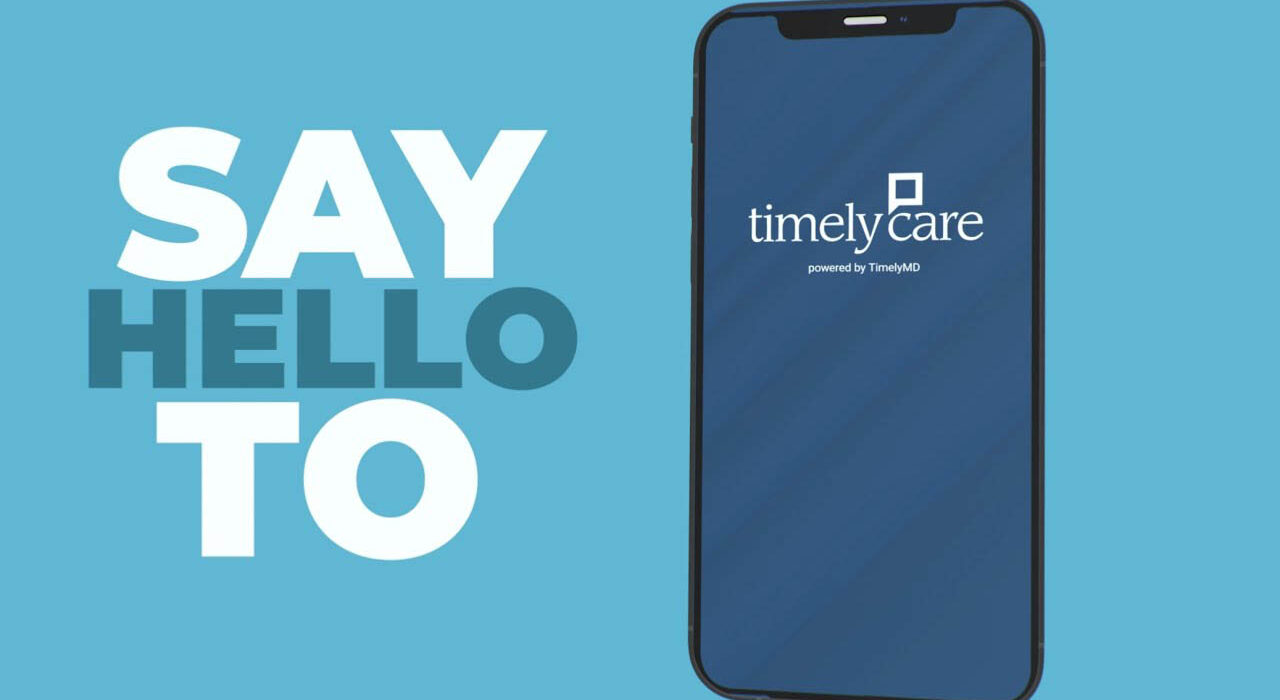Medical | News
WU partners with telehealth company TimelyCare to provide students with medical and mental health ‘safety net’
 Courtesy of The Source
Courtesy of The Source Washington University will offer students access to TimelyCare, a telehealth company that provides a range of services including 24/7 medical and mental health care, starting in November.
The contract with TimelyCare follows years of student frustration with long wait times and low staffing at Habif Health and Wellness Center. The COVID-19 pandemic further exacerbated these issues, as student demand for mental health care spiked, while at the same time Habif faced legal obstacles with providing virtual counseling to students studying from out of state.
Associate Vice Chancellor for Student Support and Well-Being Kirk Dougher said that the introduction of TimelyCare can help address staffing concerns by supplementing Habif’s staff with providers from TimelyCare who are licensed to practice in Missouri.
“[TimelyCare] has got some providers that can provide services here [in Missouri], but what they have committed to be able to do is substantially bolster that, so that we’re not running into any kind of delays,” Dougher said. “So on my end, the expectation is that they should be able to see relatively a massive swath of WashU students without delay.”
Washington University’s one-year contract with TimelyCare, which Dougher said costs upwards of $500,000, covers their full range of services, spanning from emergency mental and physical health consultations to limited psychiatric services, nutrition counseling, consultations to help faculty or staff learn how to support students in crisis and even yoga classes. All will be free for students who pay the health and wellness fee to access.
Student Union Health and Wellness Committee Chair junior Nicole Leers said that SU had begun looking into different telehealth providers in March 2020 after the pandemic forced many students to go virtual. When Vice Chancellor for Student Affairs Anna Gonzalez joined the University in July, her advocacy for additional funding helped push the initiative over the finish line.
[During the 2020-2021 academic year] it didn’t really seem like, at the time, something that the university was open to,” Leers said. “We didn’t hear much about it until the beginning of this year or over the summer with the onboarding of Dr. G[onzalez]. Mental health has really been a priority for her, and I think she again saw this as a really good option for WashU.”
The decision to adopt TimelyCare was informed by student input, including SU’s annual Improve WashU survey, which asks students to pick their top three most pressing issues at the University. In last year’s survey, Leers said, over half of the roughly one thousand respondents chose mental health as a top priority. She added that the wider selection of counselors at Timely Care and their 24/7 service are major advantages of the service.
“The fact that students have access to many more counselors and are able to find a counselor with a shared identity, I think that’s a big pro,” she said. “I think having that on-demand counseling is really helpful. The wait times at Habif are super, super long. And if something happens, it’s hard to just walk right in that day, whereas you could set up an appointment online pretty easily [with TimelyCare].”
Still, Dougher emphasized the primacy of Habif’s in-person services, characterizing TimelyCare as more of a “safety net” for Habif.
“[Universities that adopt telehealth services] continue to find that the vast majority of their students still prefer the in-person services over the web-based services,” he said. “So we want to encourage people to go with that and call Habif if, for whatever reason, Habif is not able to schedule an appointment…then we recommend following up with TimelyCare.”
Dougher said that in order to give Washington University more bargaining power, the contract with TimelyCare is also only for a single year, as opposed to peer institutions such as Johns Hopkins, Emory and the Claremont Colleges, which typically have three or four year contracts.
“I think to some extent, it’s a bit of a trial run in the sense that if students are not finding the service helpful, we shouldn’t be paying for it and we should be using those funds for a few more counselors or something else,” Leers said. “But if students are seeing this as a very valuable service, then I definitely think that we should be continuing it.”
Habif and SU both plan on conducting an advertising campaign for TimelyCare leading up to its launch in November. One important element of this campaign will be encouraging students to preemptively download the TimelyCare app, which allows them to access all of Timely Care’s services.
“When students have already done that work [of downloading the app], then they’ll go and use it,” Dougher said. “But if they haven’t already done that, what other schools have discovered is that it’s not always the best time for them to go through the process of downloading it and they tend not to use it that way. So as much as we can grab people and get them ready in case they need it, the better.”
